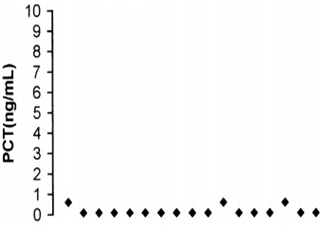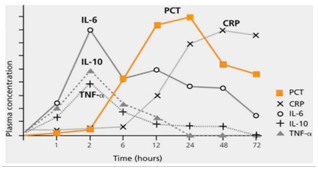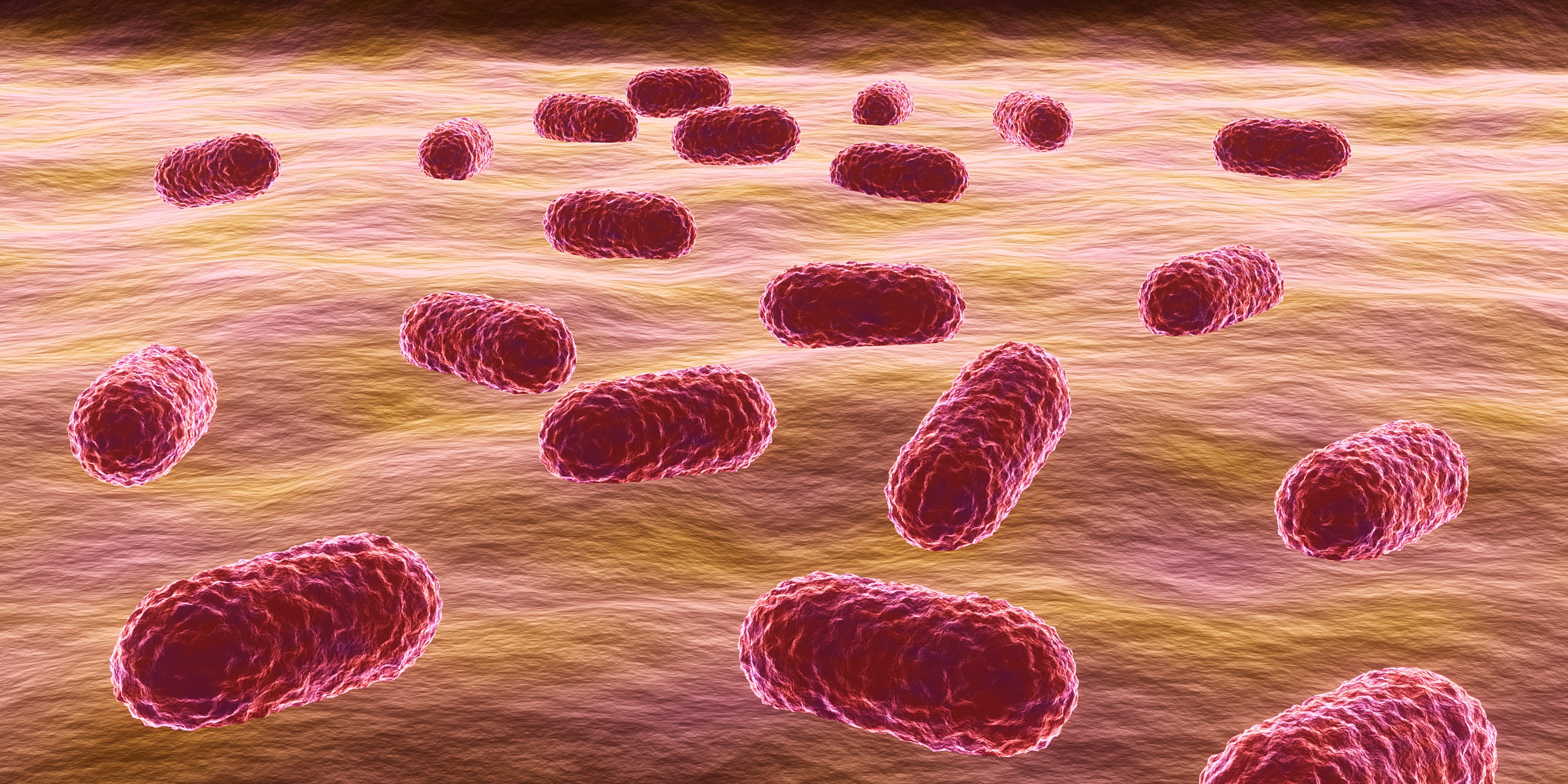What is Sepsis?
Sepsis is an inflammatory immune response that is triggered by an infection. It is a life -threatening condition in which body’s response to infection causes injury to its own tissues and organs. It is one of the leading cause of death around the world and is a primary cause of mortality from infection.
It involves organ dysfunction, if not recognized and managed properly, it can lead to septic shock, multiple organ failure and death.
Maternal sepsis develops during pregnancy, during or after giving birth or post abortion. While, sepsis in newborn babies is known as neonatal sepsis.
Any type of infection can further lead to Sepsis, it often start in the lung, urinary tract, skin or gastrointestinal tract.
Role of PCT
It is widely used for monitoring the severity of inflammation. It helps to identify appropriate treatment or antibiotic therapy at early stage.
What is PCT ?
Procalcitonin (PCT) is a peptide precursor of the hormone calcitonin, that latter being involved with calcium homeostasis. It is composed of 116 amino acids and is produced by parafollicular cells (C cells) of the thyroid and by the neuroendocrine cells of the lung and the intestine. The level of PCT rises in response to a pro-inflammatory stimulus, especially of bacterial origin. It does not rise significantly with


Diagnosis of Sepsis


 |
 |
| In healthy person, the concentration of PCT is below the limit of detection (0.01 ng/mL) |
After inflammation Reaching peak – 12 – 24 hours Rapid Kinetics – 3h Half-life – 24 hrs |

